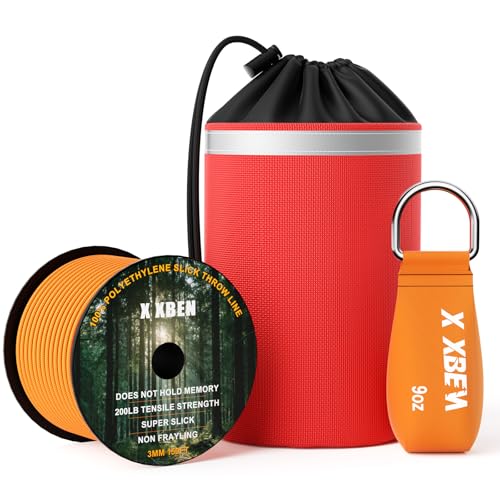I dump old but not "bad" fuel in my old 8.7:1 compression truck, as long as I think it's just not up to normal snuff, but not possibly damaging to run. Diluted in 35 gallons of gasoline and the truck not needing much octane to begin with, it doesn't much care.
Bad fuel, anything contaminated or that I think might gum up intake valves, I don't mess around with, and don't try to save. That stuff doesn't get anywhere near any of my engines. As mentioned earlier in the thread, not worth rolling the dice on $5 of fuel causing thousands of dollars in damage. That fuel gets dumped into a coffee can and left to evaporate in a large gravel area in front of my shop. Gravel area is big enough that I could light up the fuel and intentionally burn it off without causing any danger or excitement. After awhile the volatile compounds are gone and all that's left is about 1/10th of the original volume of liquid, seems like kerosene. That gets recycled with my waste engine oil.
OP, if you're not using your equipment much, you might have a hard look at the canned premix fuels. They last for years, and if you're only using a couple gallons per year, the cost really isn't a consideration.
Bad fuel, anything contaminated or that I think might gum up intake valves, I don't mess around with, and don't try to save. That stuff doesn't get anywhere near any of my engines. As mentioned earlier in the thread, not worth rolling the dice on $5 of fuel causing thousands of dollars in damage. That fuel gets dumped into a coffee can and left to evaporate in a large gravel area in front of my shop. Gravel area is big enough that I could light up the fuel and intentionally burn it off without causing any danger or excitement. After awhile the volatile compounds are gone and all that's left is about 1/10th of the original volume of liquid, seems like kerosene. That gets recycled with my waste engine oil.
OP, if you're not using your equipment much, you might have a hard look at the canned premix fuels. They last for years, and if you're only using a couple gallons per year, the cost really isn't a consideration.
























































